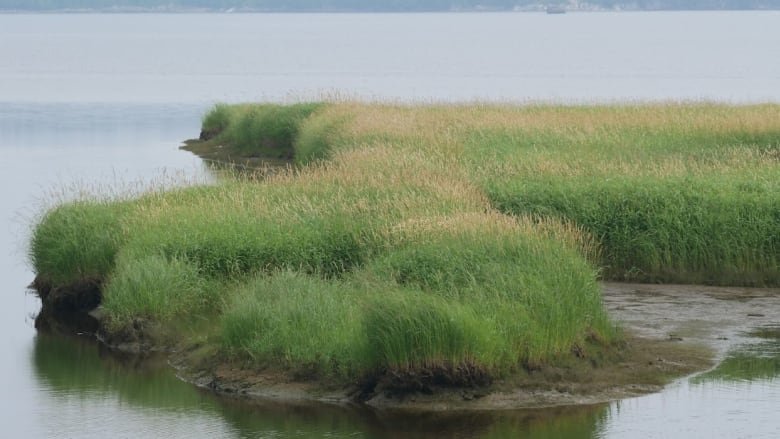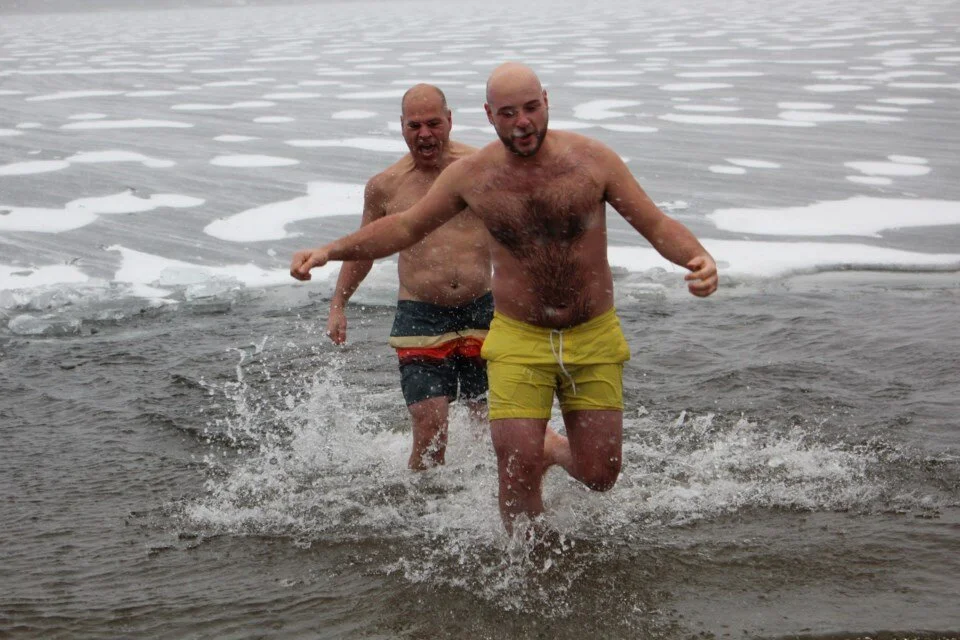"We are exercising our inherent rights to raise awareness about the concerns affecting our waters by being visible and conducting ceremony throughout our territory," says Wolske, organizer of Shining Water Paddle. Shining Water Paddle, an initiative by members of the Chippewas of Georgina Island First Nation, held its third annual ceremonial journey June 5 as they paddled around Lake Simcoe which has a shoreline perimeter of 303 km. Azhoonyang or Shining Waters is the Anishinabe name for Lake Simcoe, which is located in southern Ontario in the Territory of the Chippewa Tri Council, (Georgina Island, Rama and Beausoleil First Nations). Georgina Island is located in the southern shore of Lake Simcoe. The Chippewas of Georgina Island First Nation have been living under a long-term boil water advisory for years. A 2017, $2.6-million investment from Indigenous Services Canada was implemented to upgrade the community's water treatment plant, however residents in the eastern and southern part of the community still do not have access to treated drinking water.
Nature Conservancy warns of invasive plants in Saint John-area wetlands
Some rare plants and animals have new invasive species to contend with in Saint John area wetlands, according to research from the Nature Conservancy of Canada. Reed canary grass was found in almost all of the 12 large coastal wetlands studied by the group over the past three summers, said conservation biologist Allison Patrick. As well, a plant called brass buttons, native to southern Africa and New Zealand, was found widespread in Red Head marsh and Musquash estuary.
Seabin at Thunder Bay marina helps raise awareness of plastics in Great Lakes
A Lakehead University researcher says it won't be long before data on the amount of plastic in the water at the Thunder Bay harbour can be compared to other areas on the Great Lakes. The northwestern Ontario city currently has one Seabin — designed to collect samples of plastic waste in water — located in the water at Marina Park, which was installed and is cleaned out by city staff.
Manitoulin Streams’ student scientists passionate about environment
More than three bags of garbage were gathered in a Thursday morning clean-up of Bickel’s Creek in Gore Bay by Manitoulin Streams and members of the Gore Fish and Game Club. The three summer students working with Project Coordinator Seija Deschese are passionate about the environment and the opportunity to raise awareness about water conservation, invasive species and the importance of clean, healthy waterways. The Expositor spoke with OFAH invasive species technician, Maylen Moffatt; community resource stewardship liaison, Brynn Kiley; and waterkeeper Aiyana Louis to learn about their work, their future and how Island citizen scientists can participate in fun outdoor water projects this summer.
Clean water for First Nations critical during the COVID-19 pandemic: Activists
Activists in northeastern Ontario fighting for safe, clean water in First Nations communities across Canada are getting tired of broken promises. After five years and millions in spending, the Liberal government announced in early December that it would not fulfill its commitment to end all long-term water advisories on reserves by March 2021. Although some progress has been made – 97 advisories have been lifted since November 2015 – there’s still a long way to go. There are 59 active long-term water advisories in 41 communities across the country, and activists maintain that clean water should be a priority for the federal government, especially during a global pandemic. “Water is a basic human right, and nobody should have to beg for it. This is wrong, and it’s come to the point where I think it comes down to racism,” said Autumn Peltier, a teenage water-rights activist from Wiikwemkoong Unceded Territory on Manitoulin Island.
Sudburians brave Nepahwin’s freezing water to raise awareness of First Nations water woes
For the past month, Greater Sudbury’s Jordan Cheff has been taking dips in the freezing waters of Lake Nepahwin. November and December might seem like an odd time to visit the beach, but it’s all part of Cheff’s initiative, Cold Water 4 Clean Water, which aims to raise awareness of the issue of FIrst Nations communities in Canada that are living without clean water. The issue has been in the news lately, as the federal government says it will not meet a marquee pledge by Prime Minister Justin Trudeau to lift all boil-water advisories in First Nations communities by March 2021.







